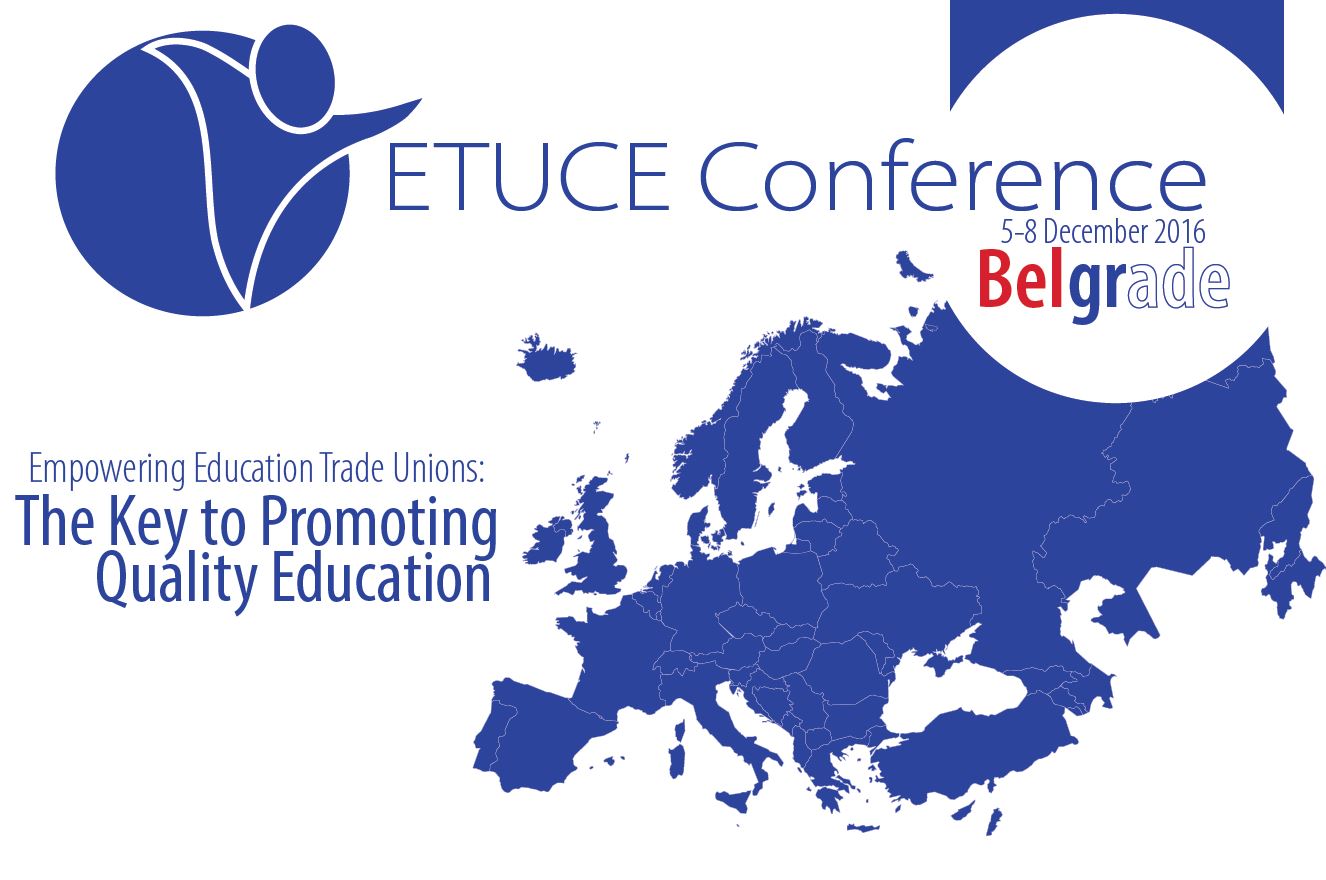Towards the ETUCE Regional Conference: ICT in education for quality education
Published:
Among the issues addressed at the conference, the introduction of digital devices in education is a topic which is of major importance for the educational community. At EU level, the European Commission emphasises in its Digital Agenda and the Strategic Framework for Education and Training 2020, the need for innovative learning and teaching approaches in the member states to enhance digital skills and prepare the workforce for the digital jobs of the future. Furthermore, research studies and reports from the OECD and UNESCO also point in the same direction: the inherent need to ensure that education institutions are equipped to apply Information Communications Technology (ICT) in teaching and enhance teaching competences regarding the pedagogical use of ICT at all levels of education as a means to shape the world of the future.
Indeed, the integration of new technology in education could foster the skills that are necessary for adapting to the fast-changing technology, and prepare students for life-long learning and active democratic citizenship. However, if ICT in education has the potential to improve teaching and learning, it also presents many challenges. These include teachers’ working conditions: the introduction of ICT could lead to longer working hours, an increase of workload and as a consequence an increase of psychosocial stress at work. There also exists a risk linked to technological surveillance and collection of students’ and education staff’s data.
In its policy paper “The 21st Century Teaching Profession and the Use of ICT”, ETUCE addresses these issues, and strives to promote an effective use of ICT that benefits the entire education community. It wishes to provide education trade unions in Europe and their affiliated teachers and education personnel a clear vision of the 21st century teaching profession and the use of ICT. It reflects the work of ETUCE and its member organisations on the challenges and opportunities of the 21st century for the teaching profession and the use of ICT on which to develop further actions at European, national, regional and local level.
This policy paper particularly emphasises the importance of professional autonomy for education personnel, as ETUCE considers teachers as active agents for change in the digitalisation process. According to Martin Rømer, European Director of ETUCE, teachers have a crucial role for an effective and successful integration of ICT in education: “When people grow up, live and work in an increasingly digitalised society, it is crucial that teachers and trainers assume a leading role in shaping the use of ICT in education, from an early age on through to Vocational Education and Training, Higher Education and Research to adult learning.” For teachers to be able to incorporate ICT into their teaching profession, ETUCE calls on to educational authorities and education institutions to provide continuous formal and informal pedagogical and technical support to teachers, in order to help them adapt to new digital systems, and to avoid that the use of ICT results in a worsening of working conditions. The document also advocates for greater involvement of trade unions in all relevant discussions and definition of policies related to the topic of digitalisation in education. Countries need to focus on developing strategies to build education staff’s capacity, and policy-makers need to put more effort into building support for this agenda.
To read the policy paper, click here.